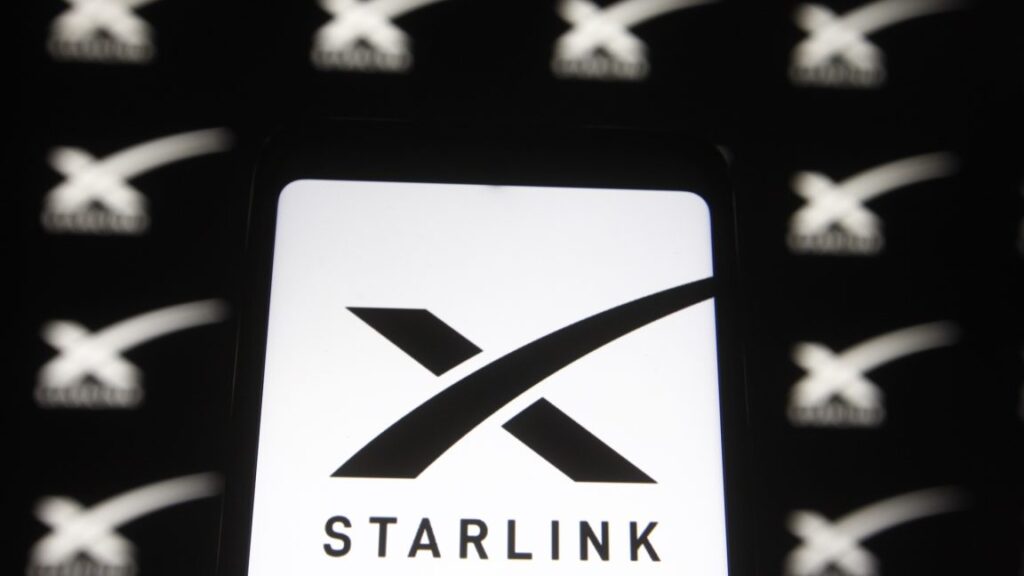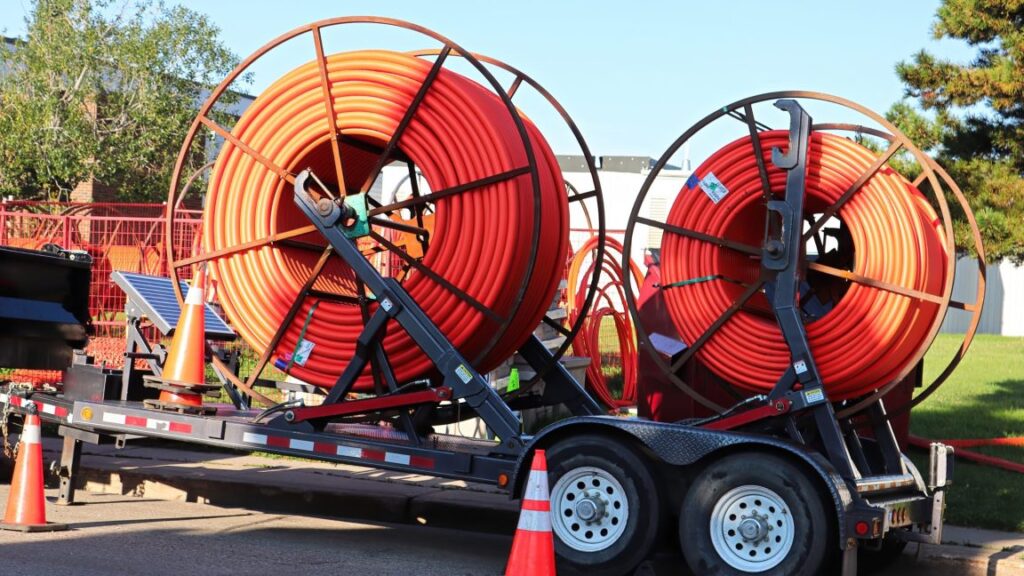US states could lose $21 billion of broadband grants after Trump overhaul
The BEAD law is clear that the money can be used for more than sending subsidies to Internet service providers. The law says BEAD money can be allocated for connecting eligible community anchor institutions; data collection, broadband mapping, and planning; installing Internet and Wi-Fi infrastructure or providing reduced-cost broadband to multi-family buildings; and providing affordable Internet-capable devices.
The current law also says that if a state fails to use its full allocation, the National Telecommunications and Information Administration (NTIA) “shall reallocate the unused amounts to other eligible entities with approved final proposals.” The law gives the NTIA chief latitude to spend the money for “any use determined necessary… to facilitate the goals of the Program.”
Arielle Roth, who has overseen the BEAD overhaul in her role as head of the NTIA, has said she’s open to sending the remaining funds to states. Roth said in an October 28 speech that the NTIA is “considering how states can use some of the BEAD savings—what has commonly been referred to as nondeployment money—on key outcomes like permitting reform” but added that “no final decisions have been made.” The Ernst bill would take that decision out of the NTIA’s hands.
States still waiting after Biden plans thrown out
After Congress created BEAD, the Biden administration spent about three years developing rules and procedures for the program and then evaluating plans submitted by each US state and territory. The process included developing new maps that, while error-prone due to false submissions by ISPs, provided a more accurate view of broadband coverage gaps than was previously available.
By November 2024, the Biden administration had approved initial funding plans submitted by every state and territory. But the Trump administration rewrote the program rules, eliminating a preference for fiber and demanding lower-cost deployments.
States that could have started construction in summer 2025 had to draft new plans and keep waiting for the grant money. The Trump administration is also telling states that they must exempt ISPs from net neutrality and price laws in order to obtain grant funding.
As for when the long-delayed grants will be distributed, Roth said the NTIA is “on track to approve the majority of state plans and get money out the door this year.”
US states could lose $21 billion of broadband grants after Trump overhaul Read More »






